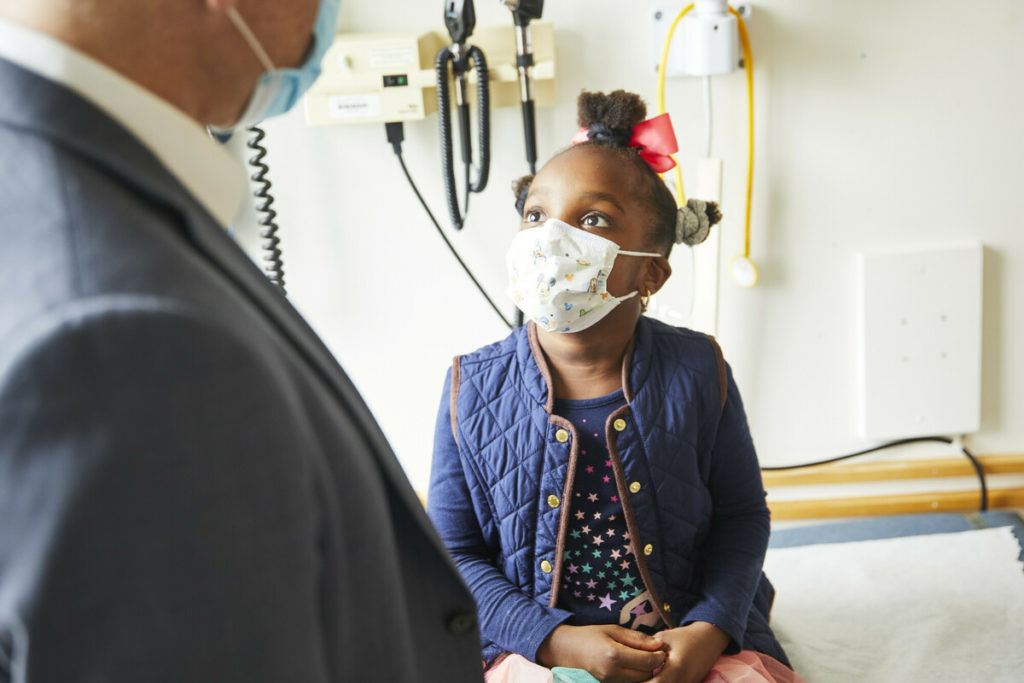Clinical Psychologist and Family Therapist Anne K. Fishel, PhD, is executive director and co-founder of The Family Dinner Project, which is dedicated to helping families harness the many scientifically proven nutritional, academic and emotional benefits of regular family dinners. Dr. Fishel is an associate clinical professor of psychology at Harvard Medical School and director of the Family and Couples Therapy Program in the Department of Psychiatry at Massachusetts General Hospital.
Why are family meals so important?
Twenty-five years of studies have shown that family dinners are great for the physical health, academic success and mental health of all family members, including children who are shown to experience higher resilience and increased optimism. The research is so impressive that I’m only half-joking when I say that as a therapist, I could almost be out of business if more families had regular family dinners. Shared mealtimes are also associated with lower rates of depression, anxiety, eating disorders, substance abuse and behavioral problems.
The science tells us why family dinner is important, and The Family Dinner Project offers families tools and resources for how to make it happen.
What was the rationale for founding The Family Dinner Project?
The Family Dinner Project (TFDP) was founded to make it easier for families to reap the many benefits of eating dinner together. The science tells us why family dinner is important, and TFDP offers families tools and resources for how to make it happen.

How has The Family Dinner Project been affected by the pandemic?
During the pandemic, so many families were at home all day, and so many others faced extended periods of separation. In response, we created additional resources to make dinner routines positive, meaningful and fun, whether families were cooped up at home or living miles apart. Also, since so many families face food insecurity, we partnered with No Kid Hungry to launch our new Dinner in a Box program, creating games, tips and conversation starters to be included in emergency food boxes to promote connection at mealtime.
What are your current projects?
We work online and directly with communities locally and around the country. In Montana, we are working closely with three tribal communities to create resources for food packages being delivered to families dealing with food insecurity. We are training educators and family facilitators at Cobb County School District in Georgia and partnering with the U.S. military to implement our signature Community Dinners, where families learn the benefits of family dinners and share their own obstacles and solutions with one another. We’re also expanding our resources that help families navigate healthy technology use, some of which have been created in partnership with Common Sense Media. We have also been training health professionals and educators so that they can use our resources and programs in their own workplaces.
There is a lot to do, and every day we hear from more communities and potential partners across the country who seek our help.
How can philanthropy help?
We want to create a customized set of online resources for families with special needs so that challenges such as food sensitivities, motor and interpersonal challenges or difficulties sitting still will not prevent children from deriving the many benefits of shared mealtime. We also want every mental health and health professional and every school district nationally to be able to find resources on our website that they can share with their clients. In addition, we need philanthropic support to continue community programs for vulnerable families — like our caregiver workshops, Grandparents Raising Grandchildren, and for our partnerships with military organizations like Home Base, a Red Sox Foundation and Massachusetts General Hospital Program, and the Military Child Education Coalition — and also to expand our Dinner in a Box program. There is a lot to do, and every day we hear from more communities and potential partners across the country who seek our help.
To donate to the Family Dinner Project or for more information about the program, please contact us.


